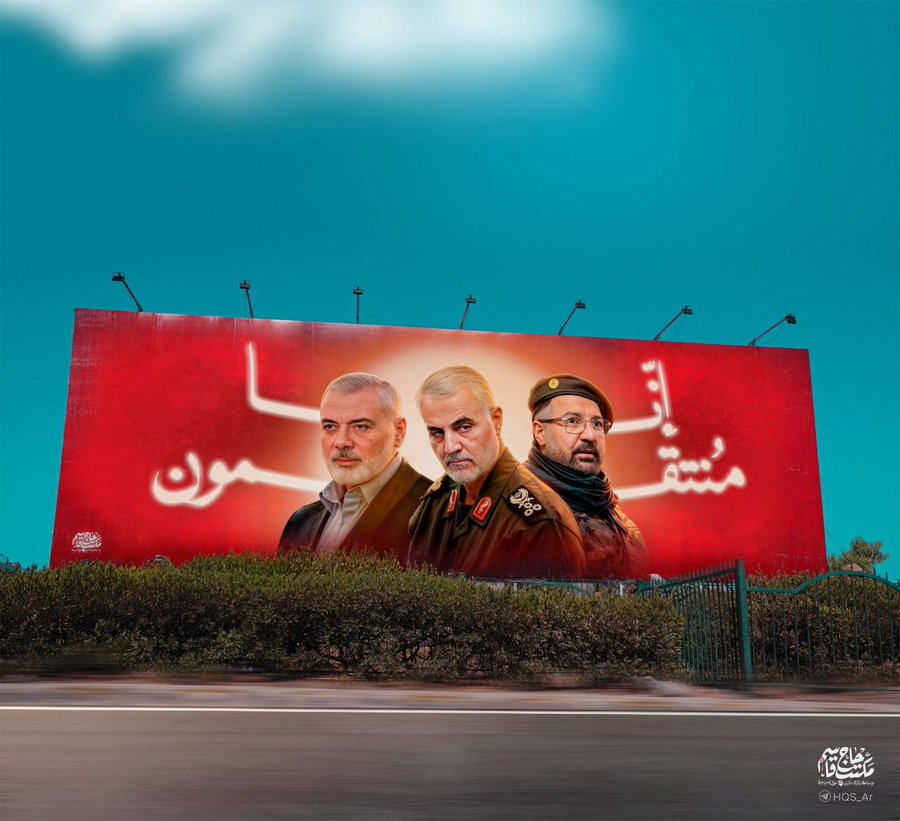In light of the ongoing uncertainty surrounding Iran’s intentions, the United States has decided to maintain its military presence in the region.
These forces, originally deployed to protect Israeli airspace, will remain until there is a clearer understanding of Iran’s plans.
Earlier this week, Israel successfully thwarted an attack by Hezbollah, which was intended as a retaliation for the assassination of the group’s Chief of Staff, Fuad Shukr.
While this has temporarily reduced the risk of a regional war, the Biden administration remains cautious, awaiting Iran’s next move.
On August 25, Bakri reiterated that Iran’s retaliation would be carefully considered, stating, “Iran will not fall into the trap of the enemy’s media and incitement games and will decide for itself which way to take revenge.”
Despite official Pentagon statements confirming that the threat of an Iranian attack on Israel remains, there is ongoing debate among Iran’s military leadership regarding the nature of their response.
Supreme Leader Ali Khamenei has urged the formulation of a strategy that would allow for revenge against Israel without escalating into a regional war or jeopardizing Iran’s oil industry and nuclear facilities.
In this context, newly elected Iranian President Masoud Pazashekian has proposed targeting Israeli Mossad facilities, which he claims were responsible for the assassination, located in Azerbaijan or the Kurdistan region of Iraq.
Iran has a history of attacking sites in the Kurdistan region, claiming they serve as bases for Mossad’s espionage activities within Iran.
It’s conceivable that Iran might launch an attack similar to the one on April 14, where hundreds of ballistic missiles and UAVs were fired towards Israeli territory.
As a precaution, the US Navy remains stationed in the area.
Alternatively, Iran could choose to strike Jewish and Israeli institutions abroad as part of its revenge.
Reports from August 26 by the newspaper “Rai Alyoum” detailed the assassination of Ismail Haniyeh while he was staying at a Revolutionary Guards guest house in Tehran.
According to Iranian sources, the investigation revealed that the assassination was carried out using a sophisticated missile launched from the air, which struck the bedroom where Haniyeh was sleeping.
The missile was reportedly guided by intelligence gathered from the mobile phone of Wasim Abu Shaaban, Haniyeh’s personal security guard, who was in the same room at the time.
The report speculates that the missile could have been launched from Azerbaijan, approximately 250 km away, or from the Erbil region in Iraqi Kurdistan.
This contradicts earlier reports from American and British media, which claimed that Haniyeh was killed by an explosive device placed in his room by Revolutionary Guards officers recruited by the Israeli Mossad.
This conflicting information might be an effort to shape global public opinion, preparing the ground for an Iranian attack on targets in Azerbaijan or Kurdistan, which could be presented as retaliation for Haniyeh’s assassination.
Such a move would allow Iran to “avenge” his death without triggering a direct military confrontation with Israel or escalating into a regional war.




